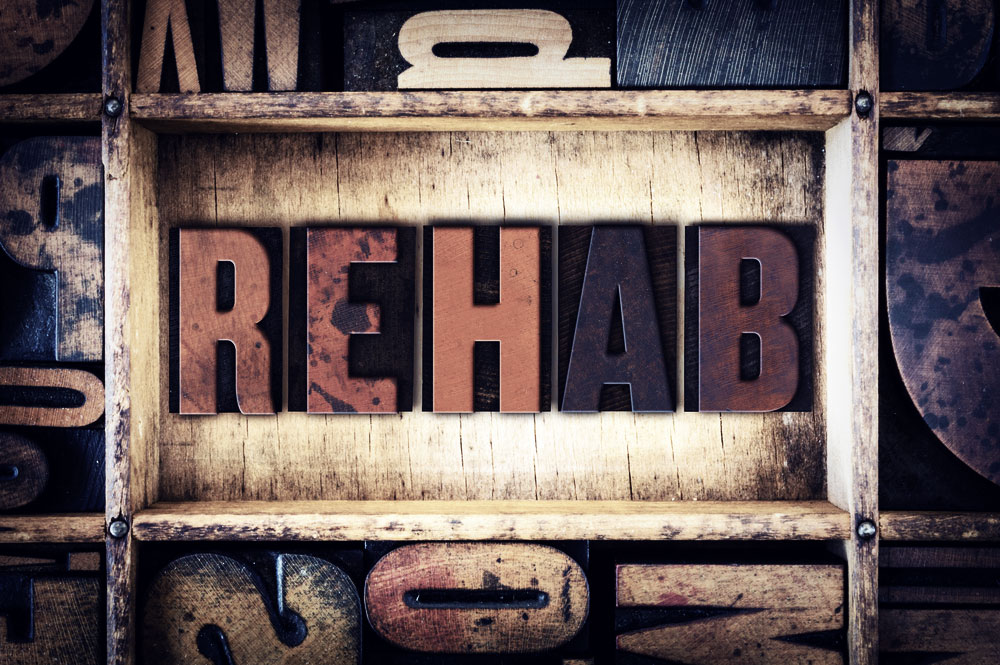it did not have any positive impact on substance abuse or criminal recidivism, compared to control groups. Of these, 22 percent found negative impacts of mandatory drug rehab, and only two studies observed a positive impact of long-term mandatory inpatient treatment on criminal recidivism.
The study had several limitations. Publication bias due to the support of law-enforcement strategies were inherent in some of the studies that were conducted in Southeast Asia, where many were deincentivized if they were critical of mandatory drug rehab. Countries like Thailand are in the midst of a high-profile ‘war on drugs’ that promotes enforcement and military-based operations.
Despite the limitations, researchers believe there is little evidence that mandatory drug rehab results in sustained abstinence or a reduction in criminal recidivism. One noteworthy aspect of this review is that it didn’t simply evaluate drug detention centers, but also analyzed the mandatory inpatient and outpatient facilities that provide addiction treatment services.
Researchers recommended that policymakers focus on evidence-based, voluntary drug rehab solutions to reduce the harms caused by drug abuse.
















